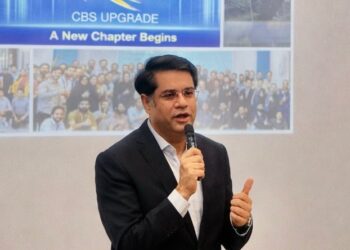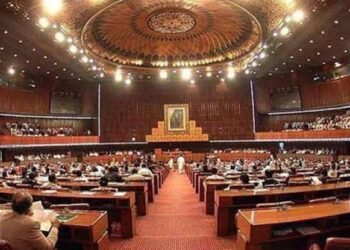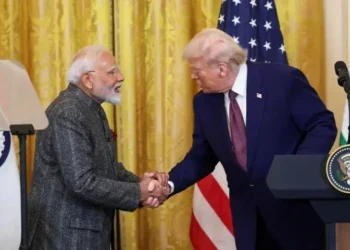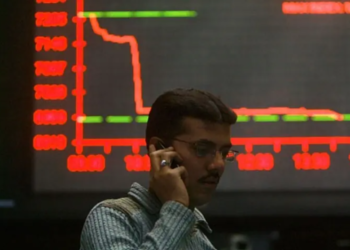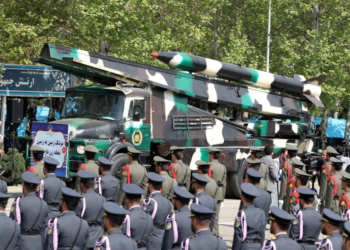Seville, Spain: Federal Minister for Finance and Revenue, Senator Muhammad Aurangzeb, has concluded a series of high-level bilateral meetings and strategic engagements on the sidelines of the Fourth International Conference on Financing for Development (FFD4) in Seville, Spain. The minister’s agenda focused on strengthening strategic cooperation with key international partners and institutions across crucial areas including development finance, trade, climate resilience, and institutional capacity-building.
Senator Aurangzeb is representing Pakistan at the FFD4, a critical global forum convened to address the widening gap in financing for sustainable development and set a new framework for the next decade. The conference, which adopted the “Seville Commitment,” aims to mobilize resources to bridge the estimated $4 trillion financing gap for Sustainable Development Goals (SDGs), tackle debt crises, and reform the international financial architecture.
Key Bilateral Engagements:During his visit, the Finance Minister held significant discussions with several key figures:
Netherlands Minister of Finance, Eelco Heinen: The meeting centered on enhancing long-standing bilateral ties, particularly in trade, development cooperation, climate resilience, and institutional capacity-building. Pakistan expressed keen interest in leveraging Dutch expertise in agri-tech, water management, and the digitization of public services. Minister Aurangzeb appreciated the Netherlands’ ongoing technical and financial support in sectors like public financial management, SME development, renewable energy, and climate-smart agriculture. The Dutch Minister reaffirmed support for Pakistan’s structural reform agenda, emphasizing policy continuity, transparency, and investment facilitation.
World Bank Senior Managing Director, Axel van Trotsenburg: Senator Aurangzeb conveyed appreciation for the World Bank’s consistent support for Pakistan’s development agenda. He provided updates on the successful review of the IMF EFF program and ongoing reforms under the Resilience and Sustainability Facility (RSF). The minister highlighted the recent launch of Pakistan’s National Green Taxonomy, developed with World Bank support, which is set to guide sustainable investments. The World Bank also endorsed its new 10-year Country Partnership Framework (CPF 2026–2035) for Pakistan, a transformative $40 billion strategy focusing on key areas such as child stunting, learning poverty, climate resilience, fiscal space, decarbonization, and private investment. Pakistan reaffirmed its commitment to close collaboration to achieve these priorities.
IFAD President, Alvaro Lario: Discussions with the President of the International Fund for Agricultural Development (IFAD), a UN agency dedicated to rural development, reviewed the long-standing collaboration between Pakistan and IFAD. Their partnership has resulted in 29 projects benefiting approximately 2.8 million rural households to date, with six active projects currently underway. The meeting covered IFAD-supported initiatives including policy support, vocational training, community infrastructure, access to finance, climate-smart agriculture, value chain development, and resilience against climate shocks, all aimed at poverty reduction and sustainable rural development.
ICC Secretary-General, John W.H. Denton AO: Senator Aurangzeb met with the Secretary-General of the International Chamber of Commerce (ICC) to explore avenues for enhanced cooperation in trade facilitation, SME development, and investment promotion. The discussions emphasized boosting private sector engagement, adopting international best practices, and building institutional capacity to unlock new opportunities for sustainable growth and inclusive development in Pakistan.
These high-level interactions underscore Pakistan’s commitment to expanding its international partnerships, mobilizing development finance, and advancing its economic reform and resilience agenda in line with global sustainable development goals.























































